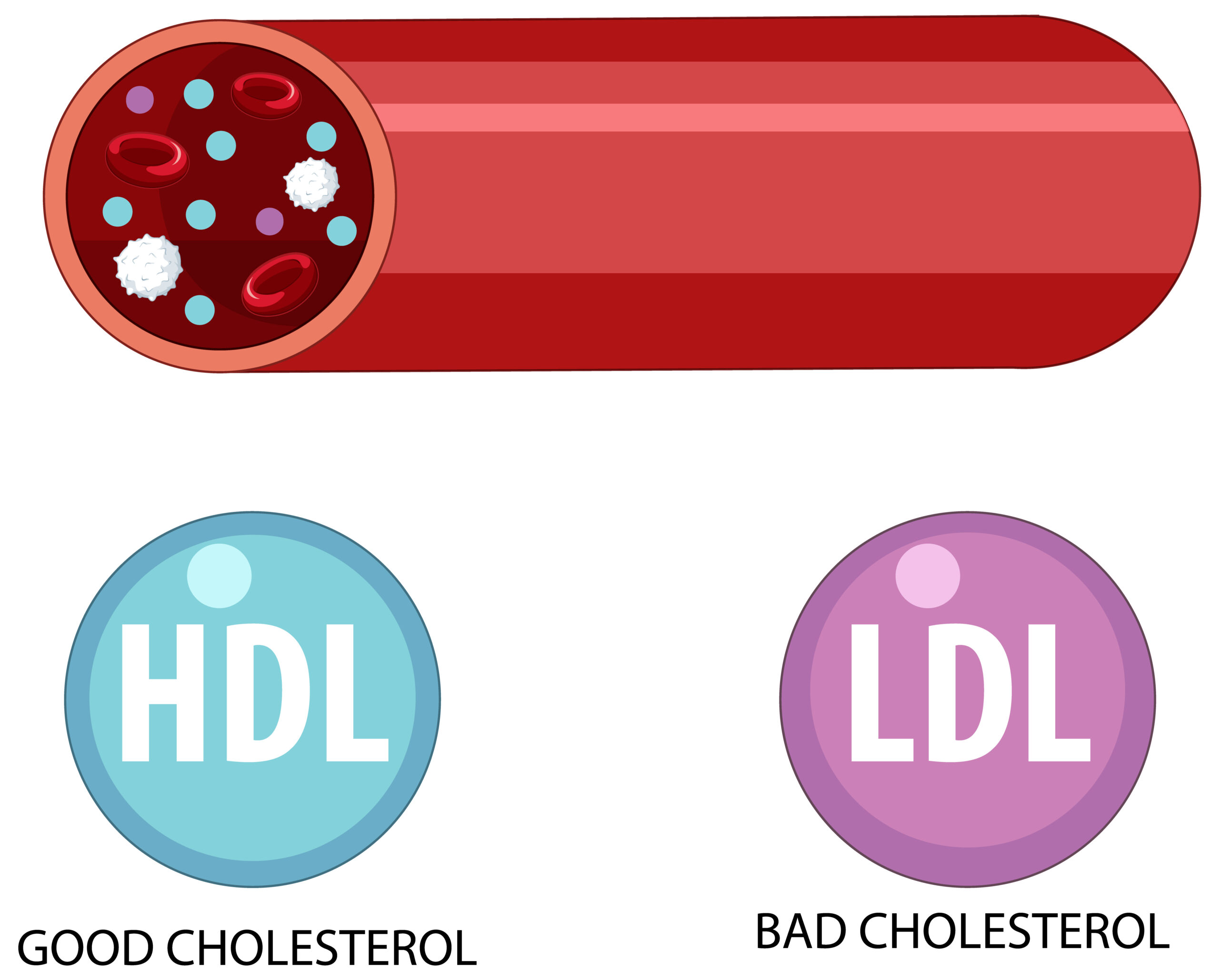Asthma is a chronic respiratory condition that affects millions of people worldwide. Characterized by inflammation and narrowing of the airways, asthma can cause wheezing, shortness of breath, chest tightness, and coughing. Managing asthma effectively is crucial to leading a healthy and active life. This blog provides practical tips and strategies for living well with asthma.
Understanding Asthma
Asthma is a condition that can vary significantly from person to person. Some individuals experience mild symptoms occasionally, while others have severe, persistent symptoms. Common triggers include allergens (such as pollen, dust mites, and pet dander), respiratory infections, exercise, cold air, and smoke. Identifying and avoiding these triggers is a key component of asthma management.
Asthma Action Plan
An essential tool for anyone living with asthma is an asthma action plan. This plan, developed in consultation with a healthcare provider, outlines the steps to take based on the severity of symptoms. It typically includes information on daily medications, how to handle worsening symptoms, and when to seek emergency medical care. Having a clear plan can help reduce anxiety and ensure prompt, appropriate action during an asthma attack.
Medication Management
Medications are a cornerstone of asthma management. They fall into two main categories: long-term control and quick-relief (or rescue) medications.
- Long-term control medications: These are taken daily to reduce inflammation and prevent symptoms. They may include inhaled corticosteroids, long-acting beta-agonists, leukotriene modifiers, and others.
- Quick-relief medications: Also known as rescue inhalers, these medications provide rapid relief from acute symptoms. Short-acting beta agonists like albuterol are commonly used for this purpose.
It’s essential to use these medications as prescribed and to have regular check-ups with your healthcare provider to ensure your asthma is well-controlled.

Lifestyle Adjustments
Living with asthma often requires making lifestyle adjustments to avoid triggers and maintain overall health. Here are some practical tips:
- Environmental Control: Keep your living space clean and free of dust and mold. Use an allergen-proof mattress and pillow covers, and consider using an air purifier.
- Healthy Diet: A balanced diet rich in fruits, vegetables, whole grains, and lean proteins can support your immune system. Omega-3 fatty acids in fish like salmon and mackerel may have anti-inflammatory effects.
- Exercise: Regular exercise can improve cardiovascular fitness and overall well-being. However, it’s important to choose activities that are less likely to trigger symptoms. Swimming is often recommended as the humid environment can be less irritating to the airways.
- Stress Management: Stress and anxiety can exacerbate asthma symptoms. Yoga, meditation, and deep-breathing exercises can help manage stress levels.
Monitoring and Responding to Symptoms
Regular monitoring of asthma symptoms is essential. Keep a symptom diary to track your triggers and the effectiveness of your medications. Peak flow meters, which measure how well you can expel air from your lungs, can be useful for monitoring your condition.
Emergency Preparedness
Despite the best efforts, asthma attacks can still occur. Knowing the signs of a severe asthma attack and being prepared can save lives. Symptoms of a severe attack include extreme difficulty breathing, blue lips or face, rapid worsening of symptoms, and difficulty speaking. In such cases, immediately follow your asthma action plan and seek emergency medical help.
Support System
Living with asthma can be challenging, but you don’t have to face it alone. Support from family, friends, and healthcare providers can make a significant difference. Consider joining an asthma support group to connect with others who understand what you’re going through.
Conclusion
Living with asthma requires a proactive approach to managing symptoms and avoiding triggers. Individuals with asthma can lead healthy, active lives by following an asthma action plan, taking medications as prescribed, making lifestyle adjustments, and being prepared for emergencies. Regular communication with healthcare providers and a robust support system are vital to effective asthma management. Remember, with the right strategies and support, you can breathe easier and live well with asthma.









